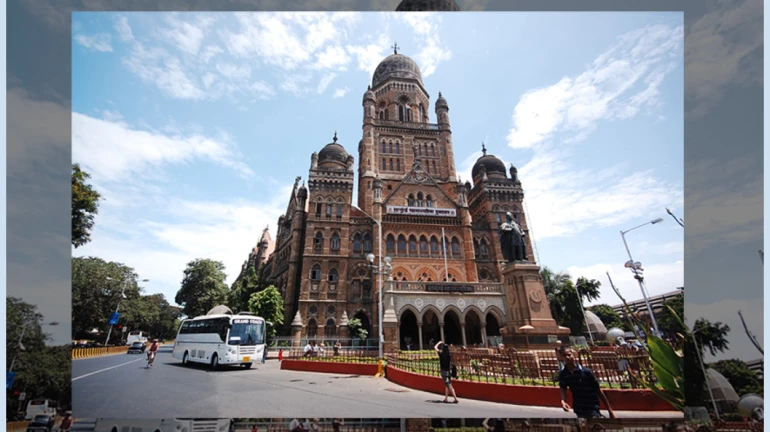
On World Environment Day, June 5, the Brihanmumbai Municipal Corporation (BMC) unveiled its first Climate Budget Report for 2024–25. This makes mumbai the first city in India and the fourth worldwide to publish such a report, joining Oslo, New York, and London.
The report was presented by Ashwini Joshi, an additional municipal commissioner, at the BMC headquarters. It disclosed that the civic body has set aside INR 10,224.24 crore for climate-related initiatives in Mumbai. This allocation represents approximately 32.18% of the total INR 31,774.59 crore capital expenditure.
The budget includes an additional INR 2,163.8 crore for projects that align with some components of the Mumbai Climate Action Plan (MCAP). These projects include landscaping, LED lighting, sewage treatment plants, and rooftop solar in new construction. The aim is to bring Mumbai's emissions to net zero.
The biggest share of the budget is allocated to urban flood and water resource management. This includes sewage projects, rainwater channels, Mumbai sewerage projects, sewage operations, water supply projects, and sanitation-related activities in solid waste management.
The climate budget report also focuses on Mumbai's governance structure to tackle the challenges posed by climate change. The main goal is to support and prioritise the eco-friendly projects undertaken by these departments.
Steps towards achieving the net-zero emission target include the installation of LED lighting, the introduction of electric vehicles, and waste-to-energy projects. By 2050, the goal is to have all private and public vehicles be zero-emission vehicles and to reduce landfill garbage by 50%.
One of the key projects is the waste-to-energy project at the Deonar dumping ground. This project has the capacity to convert 600 tonnes per day of solid waste to make around 8 MW of daily electricity. Other projects include installing rooftop solar panels and LED lighting at peripheral hospitals.
Mumbai is also a part of the C40 program. The C40 aims to combat climate change and increase urban action that reduces greenhouse gas emissions and climate risks while enhancing the health, well-being, and economic opportunities of urban residents.
The Mumbai Climate Action Plan, released by the BMC in March 2022, serves as a roadmap for the city on how to reduce greenhouse gas emissions and incorporate climate adaptation policies to effectively manage the increasing risks associated with climate change.
The report identifies five major climate threats: air pollution, landslides, coastal hazards, urban heat, and urban flooding. Mumbai is one of the thirteen cities worldwide that have been part of the climate budget pilot programme run by C40 Cities since September 2021.
The overall mitigation goal for Mumbai, as per the BMC report, is to achieve net-zero emissions by 2050. Targets are to reduce emissions by 30% by 2030 and by 44% by 2040. Emissions are expected to climb by 170% between 2019 and 2050 if nothing is done. The most aggressive yet realistic trajectory for Mumbai, according to MCAP, is a 27% reduction in emissions by 2030 and a 72% reduction by 2050.





